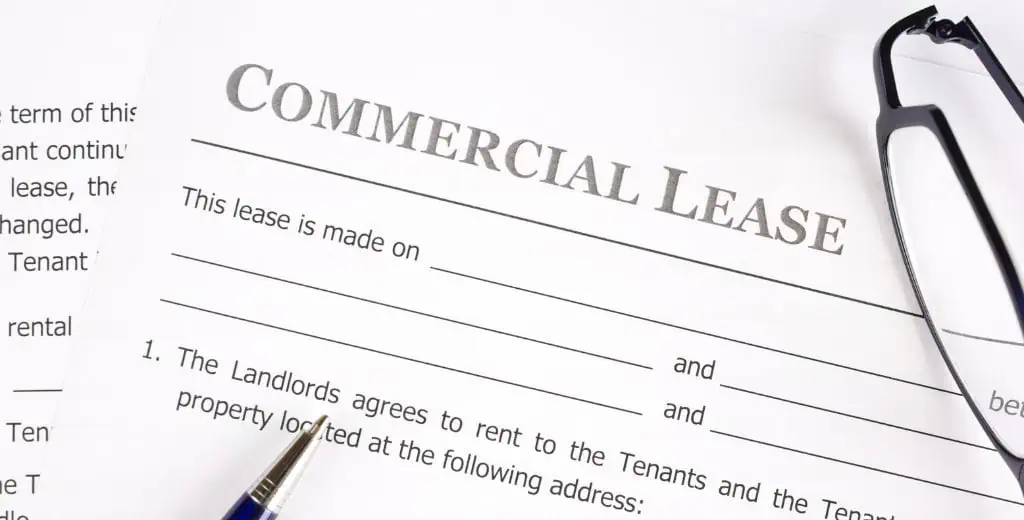What Is an Estoppel Certificate?
REtipster does not provide legal advice. The information in this article can be impacted by many unique variables. Always consult with a qualified legal professional before taking action.
Shortcuts
- An estoppel certificate is a legal document used in real estate transactions to confirm important details about a lease.
- It typically contains information on parties, dates, finances, defaults, and amendments to a lease.
- Tenants sign this document to verify lease terms and status to a third party, such as an investor or a lender.
- Such a certificate provides legal protection by holding the tenant accountable for the confirmed facts.
- Signing an inaccurate estoppel certificate can have legal consequences for the tenant.
Understanding Estoppel Certificates
Estoppel certificates or estoppel letters are often used in real estate transactions, particularly when leasing or selling commercial properties and originating mortgages. They serve as signed statements by a party involved in a lease (usually the tenant), confirming specific facts about the lease agreement as true.
These certificates are important to give a third party essential information about the property. For example, a third party may want to acquire the property, and they need to know key information about it from the tenants.
Alternatively, the owner may want to refinance the property. A lender may require an estoppel certificate from the property’s tenants to facilitate the loan.
Estoppel certificates often include the start and end dates of the lease, rent payment status, the amount of rent and how it’s calculated, options to renew or extend the lease, any subleases, and other significant terms.
The word “estoppel” comes from Anglo-Norman French. The verb estop meant “to seal up,” while the noun “estoppel” was derived from the Old French word estoupail meaning “stopper” or “plug.” True to its meaning, estoppel ensures people stay true to their word and don’t unfairly damage others. It stops someone legally from rescinding a promise made if the other party changes their position based on that promise.
Key Characteristics
An estoppel certificate is useful for verifying representations made by the landlord to a third party like a buyer or lender. It prevents unpleasant surprises post-transaction regarding side deals, lease violations, or other issues that could adversely impact property income.
Note that an estoppel certificate is an extra-judicial admission, meaning the party signing it cannot later make contradictory claims about the certified facts without facing consequences.
While primarily protecting the interests of landlords or sellers and third parties, an estoppel certificate also gives tenants an opportunity to officially confirm any verbal agreements or lease modifications[2].
However, tenants must ensure complete accuracy since inaccuracies due to false statements or omissions can make them liable for damages. Consult your attorney before signing the certificate to fully understand your rights and responsibilities.
Estoppel Certificate Use Examples
Here are two cases where an estoppel certificate is necessary:
When Buying an Office Building
Steve wanted to buy an office building that had tenants renting space. Before he bought it, Steve’s lawyer asked the tenants to sign estoppel certificates. These legal papers listed the details of each tenant’s lease, like how much rent they paid and when their lease ended.
This protected Steve. He could see if the owner’s claims about rental income were true. And he knew important facts about the existing leases he would take over. The tenants signed to promise the details were accurate; otherwise, they might have to pay Steve money later.
The certificates gave Steve key information before he spent millions to buy the building.
When Getting a Loan
Jill owned a shopping center and wanted a loan to upgrade it. The bank asked Jill for estoppel certificates from her major tenants, like the grocery store. The signed certificates showed the bank that those tenants’ leases were solid, with the correct rent and dates.
This information helped the bank safely loan Jill money that would be repaid from tenant rent. The tenants certified the facts so the bank could clearly evaluate Jill’s income to repay the loan.
Why Is an Estoppel Certificate Important?
An estoppel certificate is important for several reasons:
Accuracy and Reliability
They ensure that all parties involved in a real estate transaction have accurate and reliable information about the lease terms and the property’s current status. This is crucial for setting purchase prices, negotiating terms, and calculating the economic benefits of the arrangement.
Due Diligence
For buyers and lenders, estoppel certificates are essential to due diligence. They confirm that the tenants are indeed paying what the landlord claims and that the lease terms match the landlord’s statements. This helps verify the investment’s validity and profitability.
RELATED: The Truth About Land Investing: 21 Point Due Diligence Checklist For Buying Vacant Land
Legal Protection
They offer legal protection to buyers or financiers by providing a documented confirmation of the lease terms from the tenant’s perspective. If any certified fact in the estoppel certificate turns out to be false or inaccurate, the signer could face legal consequences.
Components of an Estoppel Certificate
A typical estoppel certificate contains several key pieces of information:
- Identification of Parties: It identifies the tenant and the landlord, along with the property address.
- Lease Dates: This includes the start and end dates of the lease.
- Financial Details: Details about rent payments, including prepaid rents and security deposits, are outlined.
- Lease Defaults: It indicates whether either party has defaulted on lease responsibilities or rights.
- Amendments and Agreements: Any amendments made to the lease or additional agreements between the tenant and landlord are also included.
Who Benefits From an Estoppel Certificate?
Both landlords and tenants can benefit from an estoppel certificate in the following ways:
Landlords and Sellers
It provides a clear, legally binding document that confirms the lease terms and conditions, aiding in the sale or refinancing of the property.
Tenants
While primarily serving the landlord’s or seller’s interests, it also offers tenants an opportunity to confirm that all agreements, amendments, and terms are accurately documented. This can be particularly important in ensuring that any verbal agreements or modifications to the lease are officially recognized.
Frequently Asked Questions: Estoppel Certificate
What should a tenant do upon receiving a request for an estoppel certificate?
Upon receiving a request for an estoppel certificate, the tenant should fully review the lease agreement and any amendments to confirm all details. The tenant must ensure complete accuracy in the certificate, as they will be legally accountable for any false information provided. The tenant should clarify any questions on the request with the landlord before signing and returning the completed certificate within the specified timeframe.
Some lease agreements or jurisdictions allow the tenant to waive the signing of an estoppel certificate and have the landlord or owner do it for them. Consult your lease agreement for details or if this is allowed.
Can a tenant make changes to an estoppel certificate they are asked to sign?
While a tenant cannot unilaterally alter an estoppel certificate the landlord has presented, they can correct any inaccurate information or request revisions. If certain statements in the certificate conflict with the tenant’s records, the tenant should contact the landlord to amend the document accordingly to reflect precise lease terms. Both parties must ensure factual accuracy to protect the tenant signing the legally binding certificate.
What happens if a tenant provides inaccurate information on an estoppel certificate?
If tenants certify incorrect lease information on an estoppel certificate, they can be held liable for relying on third parties per estoppel law principles. Inaccuracies due to false statements or omission of facts can make the tenant legally liable for damages. Tenants must thoroughly verify all lease details before signing an estoppel certificate for their own financial and legal protection.






